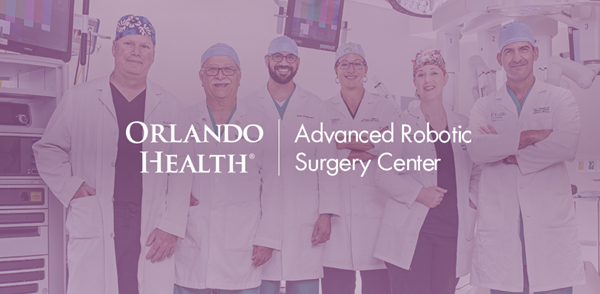Prescription drug addiction is a health crisis in the United States, with the abuse of opioids leading the way. Opioids are a class of drug that includes both illegal drugs such as heroin and others that are legally available by prescription to relieve pain, such as oxycodone, morphine, codeine and hydrocodone.
The Opioid Problem
Opioids are quickly addicting because of the way the drugs interact with the brain. People can become addicted even after just five days of using the drug. Because of the addictive property, a person then craves more of the drug. That leads to using other drugs, such as heroin, and also to opioid overdose, which is increasingly common. In 2016, more than 40,000 Americans died from drug overdoses that involved an opioid—and that number is increasing.
In Florida, opioid-related deaths increased 35 percent from 2015 to 2016, leading Florida governor Rick Scott to declare in 2017 that the opioid crisis was a public health emergency.
For all of the dangers of opioids, the medications have served a purpose in keeping pain tolerable for those with cancer or for those with acute pain, perhaps after a surgical procedure. The key is to ensure that those who need it most get it, while finding other ways to lessen pain when possible.
Changing the Pain-Management Culture
One way to address the overuse is to address expectations. When patients are educated on the procedures and what to expect in terms of pain and its management, they are better able to handle the discomfort. Doctors might suggest that if your pain post-surgery is at an 8 on a scale of 10, even after taking Tylenol and an anti-inflammatory medication, you need something stronger. But if your pain peaks at a 6 out of 10, the Tylenol, an anti-inflammatory medicine, and an ice pack applied to the area might keep the pain under control.
By ensuring that the entire medical team approaches pain management with the idea of helping you be comfortable, without providing more medication than you need, you may minimize reliance on the stronger medicines such as opioids.
Robotic Surgery to Minimize Pain
The way surgery is performed also can minimize the pain you feel—resulting in a decreased need for opioid medication. Robotic surgery is a minimally invasive procedure that uses smaller incisions. Surgeons operate via a mechanical robot that mimics the surgeon’s hand movements. The device has a camera, which helps the surgeon see the internal procedure, and the device is smaller than a person’s hands, enabling more access to the surgery area.
In addition to smaller incisions, robotic surgery results in less blood loss, fewer complications and faster recoveries. This type of surgery can be used for a variety of procedures, such as:
- Hernia repair
- Appendectomy
- Hysterectomy
- Thoracic surgery
- Weight loss surgery
- Head and neck surgery
- Urologic surgery
- Colorectal surgery
Doctors used to think that it was not only the incisions that caused postoperative pain, but also the actual internal trauma from the surgery itself. However, in comparing patients who had robotic surgery with minimal incisions to those with open surgery (traditional larger incisions), those who had the robotic technique recovered more quickly and with less pain. Of the patients undergoing robotic surgery, most are comfortably managing pain without an opioid, with 80 percent not even filling the prescription.
If you are planning to have surgery, ask your doctor if you’re a candidate for robotic surgery. If so, find out if your doctor offers it and if not, get an opinion from someone who can.
How to Correctly Dispose of Old Opioid Prescriptions
If you’ve had robotic surgery and filled but didn’t use or finish your prescription medicines, you can help address the opioid crisis by carefully disposing of your medicine to ensure no one else will use it.
The Federal Drug Administration (FDA) suggests the following:
- Mix medicines with dirt, cat litter or coffee grounds—but do not crush tablets or capsules. Put the mixture in a sealed plastic gag and throw in the household trash.
- Delete all personal information from the prescription label and dispose of the container.
- Although flushing medicines down the toilet can create an environmental hazard, the FDA says that some extremely dangerous medicines should be disposed of this way, such as fentanyl, hydrocodone, oxycodone, morphine and oxycodone.
- Look for medicine take-back options, where you can bring medicines to permanent collection sites to remove them from your home.
The opioid crisis requires a multi-pronged approach, and many steps to address it are already being taken. Robotic surgery is one way that provides you with a better post-surgery outcome while also decreasing your risk of opioid dependence.
Why Choose Orlando Health for Robotic Surgery?
Orlando Health has been designated an “Epicenter” by da Vinci technology representative, Intuitive Surgical. This designation was granted because of our excellent patient outcomes, superb safety record and our surgeons’ extensive experience performing a large number of successful robotic surgeries.
Learn More Here





